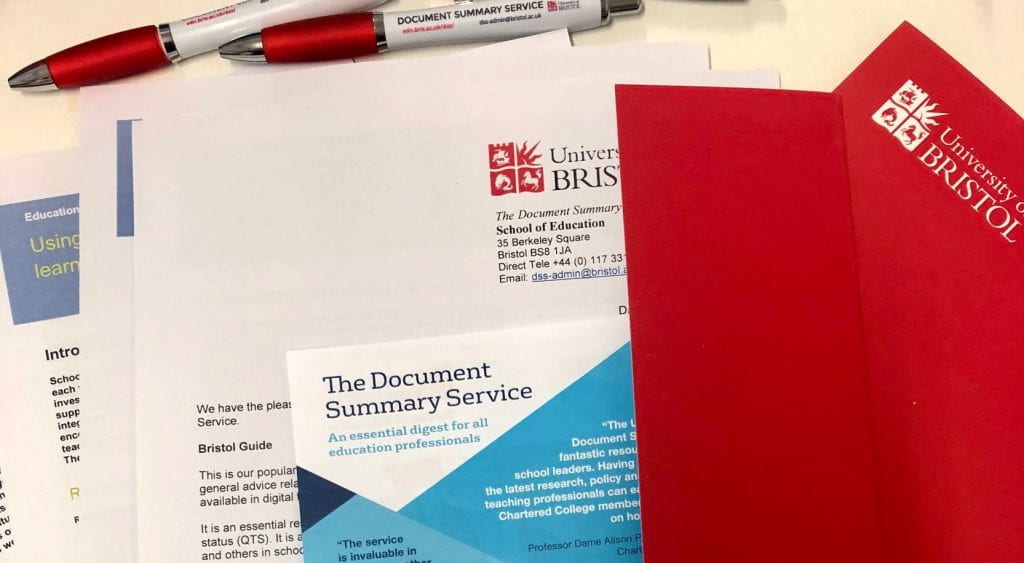
 By Mirna Carolina Valladares Celis & Artemio Arturo Cortez Ochoa
By Mirna Carolina Valladares Celis & Artemio Arturo Cortez Ochoa
Last November, the teacher training college of Colima, Mexico, also known as ISENCO, organised its first International Conference on Educational Research and Evaluation. It was such an achievement considering that these normal schools[i] in Mexico were not involved in these academic environments until very recently. We both graduated from ISENCO and therefore, presenting and leading a workshop about qualitative data analysis meant for us giving back a little to the institution that forged a foundational stage in our lives. (more…)












